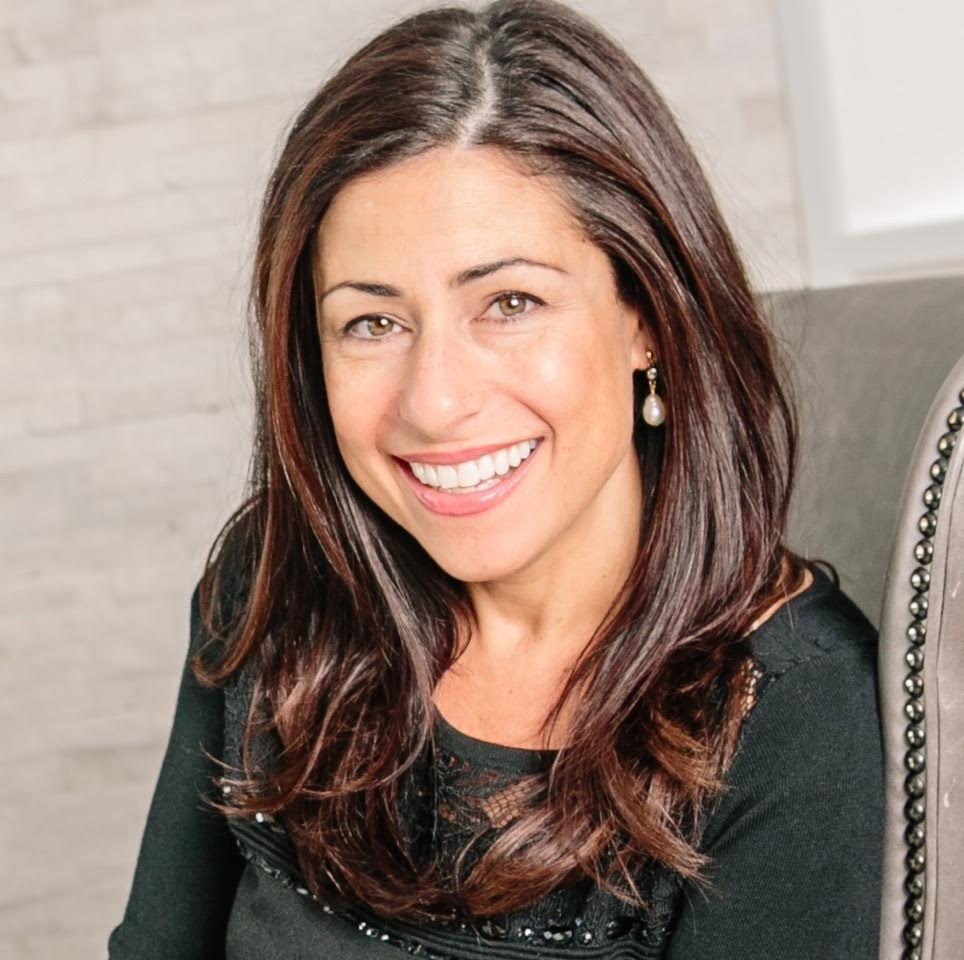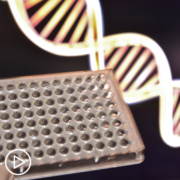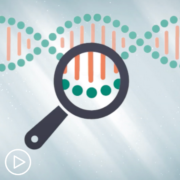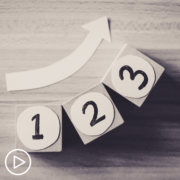Dying Ain’t Dead
“Can I toss these?” my guy said grabbing the vase of wilting daffodils.
“No,” I shouted. “Please, no. I’m trying to find the beauty in dying,” I said.
I’ve been taking pictures of these flowers since I got them. First, they were tight and closed, then blaring yellow in open-hearted pride, and then, slowly they began to brown and shrivel up. But they are still alive, like me, and that is worthy of notice and celebration.
I’m not ready to add them to the compost bin, not ready to empty the water around their green stems. I can still see the beauty they are as what they were fade. Yes, it’s true, they are not as bright or healthy as they were. But on the planet still and with some life left in them yet, they are. Can I pause to appreciate this not only in myself but in others?
I’ve had a few shit-my-pants scared kinds of nights. It’s not just that recurrence means I can’t be cured, the crap news no one wants but that most of us with ovarian cancer will indeed get. I’ve mostly wrapped my heart and brain around that. I’ve grieved and mourned the old woman I am unlikely to become. I’ve realized there’s no guarantee I’ll be around for graduations, weddings, births, and even the death of others.
“The chances are 50/50 you will be alive in three years,” my oncologist said when pressing me on doing more chemo and maintenance therapies.
“But how much of that time is dying?” I asked, somewhat dismissively.
“None of it if you are alive,” he said. And here, it is important to share that my oncologist is both doctor and minister and though I’m not religious, it is one of the things I love most about him, that and his kindness and responsiveness. Once, when I was fretting, he said, “Never worry alone.” I love a doctor who invites you to share your worries and concerns, and who means it as well. I also have his cell phone and email and he texts me almost immediately after scans. This is invaluable and generous and rare, from what I have heard.
But, in the last few months, I’ve had trouble breathing, exercising, and exerting on any level. I spent a day in the ER ruling out a pulmonary embolism, getting cardiac work-ups, follow-ups, and a specialist appointment to see if I have a right atrial enlargement. The thing about cancer is that it’s not even the cancer that causes most of the problems, but the cancer treatments including chemo, immunotherapy, maintenance drugs as well as all of those in combination. And that’s after surgery, for most, and for some it also means radiation treatment.
The longer I live with cancer, the more often I go to the doctor’s office. I kept saying, “It feels like I’m on chemo but I’m not on chemo,” as though this should be a red flag, an alarm, and mean something significant. It didn’t.
And then, the breathing got even worse, and there was pain that made it hard to sleep, stand, walk, workout, or be. Sometimes the pain was heavy, like a hardness in my chest, or like a weighted blanket on my back. Other times, when I sneezed or hiccupped or breathed in deep it was more like a shooting pain beneath the ribs in my back and was like a bad back where the times you find comfort are far outnumbered by the hours when everything hurts.
Sure enough, there was fluid in my right pleural space beneath my lung. My back got “tapped” like a keg, and it looked like a pitcher of beer was drained from me. Immediately, I felt better – not so much in terms of pain relief but in energy, ability to walk stairs, stand upright for hours, and clean the house. I felt sort of like myself and it made me realize how bad it had actually got. It happened slowly and I thought I was just lazy and out of shape.
I wanted the fluid in my lung to be from the Moderna shot or even maybe a past case of COVID, but the most likely thing, malignant cells and cancer as the cause were indeed what it turned out to be.
Even when I think I’ve sort of realized I might not get to 58 or 60, then it occurs to me that I might not even make it to my next birthday. “Whew,” my oncologist texted when I told him that the pulmonary embolism the PA said meant would require immediate blood thinners and hospitalization, was actually not a pulmonary embolism but a pleural effusion.
How does a mistake like that happen? Is it just from a quick glance of someone in a hurry? Pulmonary embolism and pleural effusion sort of look and sound alike and if you aren’t used to treating cancer patients maybe seem more similar than different.
I don’t know I only know that it’s terrifying to Google pleural effusion and cancer and so I’m not even going to Google pulmonary embolism and cancer. I’ll trust my oncologist’s “whew” and try to think of this as better than it could have been otherwise news.
But, when my oncologist called me about a week later with the cytology and said it was positive, I said, “not as in good news, but positive for cancer, right?”
“Yes,” he said, “Positive for cancer so negative news.”
“Got it,” I said.
“The lymph node growth is small,” he said, “but the recurrence is real.”
Somehow I still feel optimistic. I don’t know if I’m in denial, if it’s all my loved ones lathering me with prayers, calls, and kindness or a bit of both. I am exploring low-dose chemotherapy combined with off-label drugs. I’m not so keen on clinical trials as I used to be given that I wasn’t able to be unblinded when I had cardiac, lung, and even Moderna vaccine related questions about it and when I was (or was not) on PARPs or immuno or both or just placebo.
All I know for sure is that dying is not dead, though I was irritated when my oncologist first said this. I am alive. I am living. This is the way my life is right now and maybe it gets better and maybe it gets worse. I don’t know that yet. And neither, really, does anyone!
“I’ve lived with someone with ovarian cancer,” I told my oncologist, “And dying isn’t the same as living – and can include a lot of misery as well as closeness and intimacy.”
He may treat hundreds and thousands with ovarian cancer but I have the disease and loved and lived with my Nana when she did. I can’t help but think of what those who love me will go through if I get worse, and worse, and worse, and worse. Is there any way we can all see this as life and living? I don’t want to waste my time worrying about death which will come for each and every one of us. But sometimes I do.
I’m trying to savor all forms of beauty and life, including honoring and acknowledging the shifts, changes, and even the breaking and withering. That too is part of life and is why I am glad my oncologist sometimes talks like a minister. Sometimes it takes me a minute or even months to hear and listen and trust and believe him.
Today, I walk the beach with loved ones and furry companions. Today, the sun is shining. Today, I have no horrible or distracting pain. Today, I am aware and awake and have had an exceptionally good week.
Today, I love these daffodils. Today, I can see they are not yet dead while also knowing they are dying. Dying is a also a kind of living and one I’m learning how to appreciate. And if I get more days and times, if my bloom and color returns, I will appreciate it even more. If it doesn’t, that too is a way of life and one we should all learn to notice, accept, and even embrace. We all know, “No one gets out of here alive,” but how many really integrate that knowledge into our way of living? I didn’t. And I hope you don’t have to get cancer to do so.
See below. The same flowers. Two types of beauty.
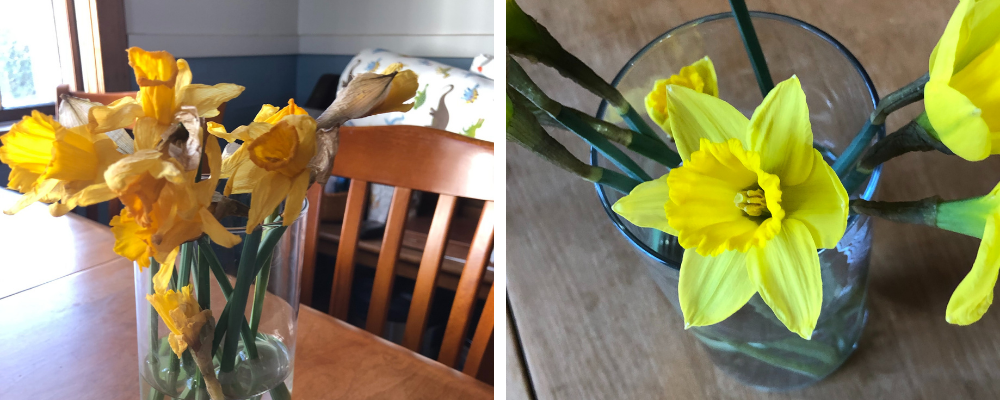

When not recovering or coping with her recent ovarian cancer diagnosis, chemo brain, and the other treatment-related side effects, Christine “Cissy” White works as Community Manager of the Parenting with ACEs community on ACEs Connection and blogs at www.healwritenow.com. White has been published in The Boston Globe, Spirituality and Health, Ms. Magazine, The Mighty, To Write Love on Her Arms, Elephant Journal, the Center for Health Journalism, and ACEs Too High. She is the 2019 recipient of the Touching Trauma at Its Heart Award, given by the Attachment Trauma Network for her work advocating on behalf of families coping with traumatic stress from developmental trauma. White has led Parenting with ACEs, Parenting After Trauma, and Writing to Heal workshops and speaks passionately about the need for first-person perspectives and the power of lived expertise. Her survivor-led advocacy has been written about in The Atlantic, Huffington Post, and The Mighty.

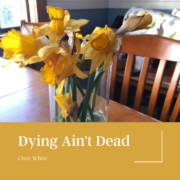
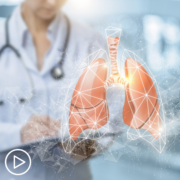
![[ACT]IVATED RMC Resource Guide [ACT]IVATED RMC Resource Guide](https://powerfulpatients.org/wp-content/uploads/ACTIVATED-RMC-Resource-Guide-180x180.png)
